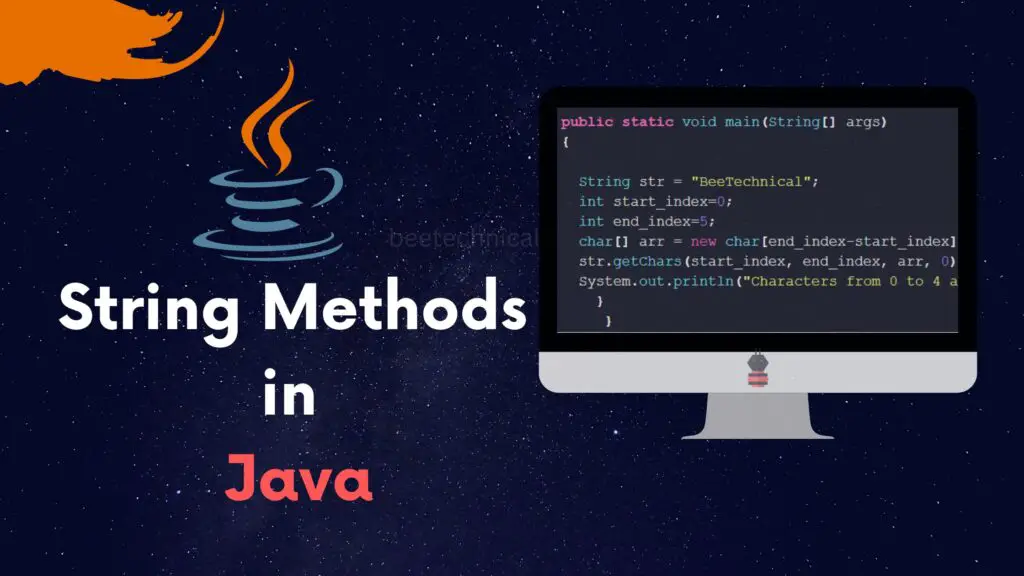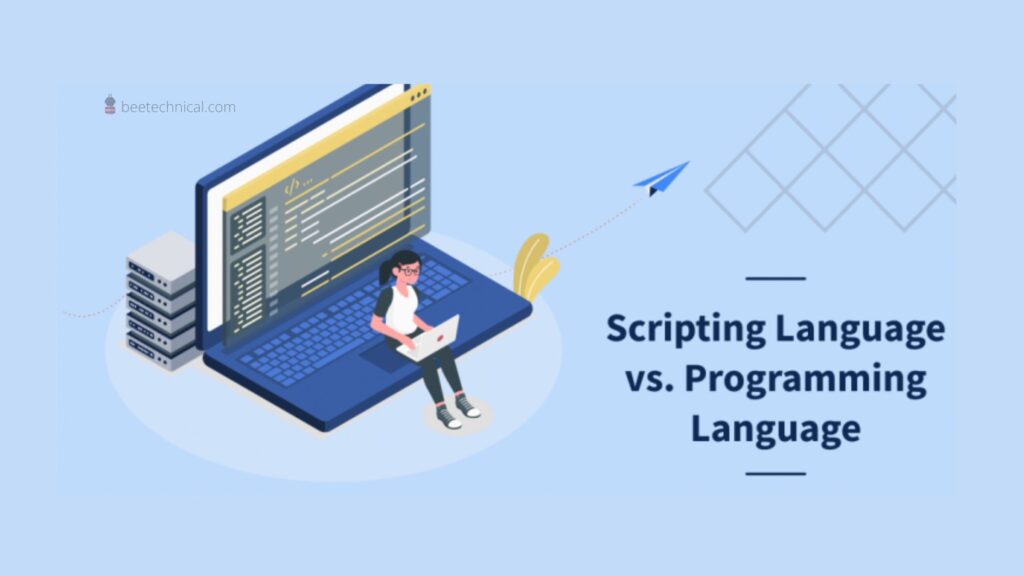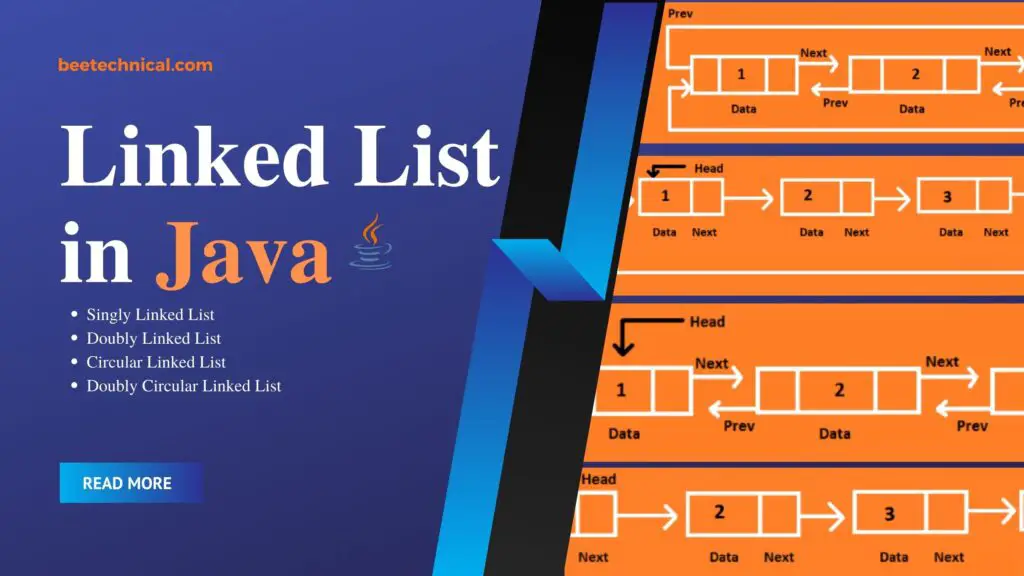Many programming minds are torn between Java vs C++. For coding the most challenging websites and software development procedures, both of these languages are widely regarded as being among the most powerful ones.
Here are a few comparisons and differences between the two programming languages we will sum up in this article. Let’s take a moment to understand each of these languages separately.
Introduction to C++
Among the most popular programming languages in various fields, like gaming, high-frequency trading, etc., is C++.
Bjarne Stroustrup developed C++ as an extension to the already existing language C. It is sometimes referred to as C languages with classes.
The language has evolved a lot over time and is implemented as a compiled language. C++ software can be found in many big software companies like Microsoft, IBM, etcetera, etc.
It is used to develop desktop applications, video games, servers, for example, E-Commerce, web search and databases, and high-performance applications,
For example, telephone switches, space probes, etc. with C++, you get a lot of object-oriented features, like inheritance, encapsulation, polymorphism (both static and dynamic), etcetera.
Nevertheless, a C++ program can be compiled without classes or objects. This is why it can be described as semi-object-oriented.
Features of C++
1. Simple
There is no complexity with this language since it offers a logical structure (for breaking a problem up into smaller pieces), a wide selection of library functions, and robust data types.
2. Portable
Programs written in C++ can be run on a variety of machines since it is a portable language.
3. Mid-level / Intermediate programming language
C++ is a mid-level and intermediate programming language that contains both low-level and high-level elements. System applications such as kernels and drivers are written in C++.
4. Memory Management
The management techniques in C++ are very efficient. As a result of these memory management operators, the program will use less memory and operate more efficiently.
Runtime memory allocation and deallocation are handled by these operators. New, delete, and so on are some of the more common memory management operators.
5. Compiler-based
A C++ program cannot be run without compilation because it is a compiler-based language. Compilers for C++ are easy to find, and they do not take up much space. Using a compiler, we must compile our program, and then we can execute it.
Advantages of C++
1. Object-oriented
A huge advantage of C++ is the object-oriented nature of the language, which allows for reusability and makes programs even more reliable with concepts like classes, inheritance, polymorphism, and encapsulation.
Furthermore, it helps us solve real-world problems by treating data as an object
2. Multi-paradigm
The C++ programming language supports multiple paradigms. Paradigms refer to the programming style. Logic, structure, and procedure all make up a paradigm. There are three paradigms of C++ and those are generic, imperative, and object-oriented.
3. Large Community Support
C++ is supported by a large community of people who offer both paid and unpaid online courses and lectures. According to StackOverflow and GitHub statistics, C++ is the 6th most used and followed tag.
4. Scalability
A program’s scalability refers to its ability to grow. A C++ program can handle both a small amount of data and a great deal of data. A resource-intensive application can also be built with C++.
Disadvantages of C++
1. Use of Pointers
It’s not easy to comprehend pointers in C/C++, and they take up a lot of memory. The misuse of pointers, such as wild pointers, can lead to system crashes and anomalous behavior.
2. Security Issue
As opposed to other programming languages that do not use an object-oriented strategy, like C, object-oriented programming offers a lot more security for the data being handled.
However, because friend functions, global variables, and pointers still exist, certain security issues exist.
3. Absence of Garbage Collector
DMA allows users to fully control the memory usage of their computer when using C++. Garbage collectors are not implemented in C++, so unnecessary data is not automatically removed.
Introduction to Java
Java is one of today’s most versatile languages was originally developed by James Gosling at Sun Microsystems, which was acquired by Oracle in 2013.
Java is widely used by hundreds of software companies and millions of developers around the world for building applications for solving real-world problems.
As few implementation dependencies as possible are built into Java, an object-oriented programming language.
WORA – Write Once, Read Anywhere – is supported by Java. Compilated Java code can be run on all platforms that support Java without requiring a recompilation.
Additionally, Java supports a lot of features that boost a developer’s ability to develop scalable applications. The development of applications is made easier by special classes such as Applets, Servlets, JavaServer Pages, etc.
Furthermore, Java is supported by a variety of frameworks such as Spring, Dagger, etc. which make the development process easier.
Features of Java
- It has cross-platform support so run it on any platform after writing it once.
- It is designed for building object-oriented applications.
- It has automatic memory management and it is a multithreaded language.
- Facilitates distributed computing as its network-centric.
Advantages of Java
1. Java is Simple
If a language is easy to learn and understand, then it can be considered simple. Java’s syntax is straightforward, easy to learn, maintain, and understand, and the code is easily debugged.
2. Java is an Object-Oriented Programming language
By using Java, we can improve the flexibility and reusability of our code. Our objects can be reused in other programs using the OOPs concept.
We can also enhance security by combining the data and functions into a single unit and not allowing them to be accessed externally. To make the modules easier to understand, the larger modules can also be divided into smaller ones.
3. Java is a secure language
Java reduces security risks and threats by avoiding explicit pointers. Memory access can be unauthorized using a pointer, which stores the address of another value.
Pointers are removed to resolve this issue. In Java, we can define access rules for classes through the Security manager for each application.
4. Java is pocket friendly and economical to maintain
As Java programs require a specific hardware infrastructure to run, they are relatively inexpensive to develop and maintain. Having the ability to execute them on any machine reduces the cost of maintaining them.
Disadvantages of Java
1. Java is slow and performs poorly
Compared to native languages like C and C++, Java is significantly slower and consumes more memory.
The JVM adds an extra layer of abstraction and compilation that causes slow performance. In addition, sometimes the garbage collector causes Java to perform poorly as it consumes a lot of CPU time
2. Java provides no backup facility
Java is mainly focused on data storage and does not focus on data backup. The user ratings and interest in it fall as a result of this drawback.
3. Verbose and Complex codes
Java codes are verbose, which means they contain many words and complex sentences that are difficult to understand. Java codes are therefore difficult to read.
At the same time, Java focuses on being more manageable, yet it has to compromise that with its overly complex codes and long explanations for every single thing.
Difference Between Java vs C++
| Comparison Index | C++ | Java |
| Platform-independent | C++ is platform-dependent. | Java is platform-independent. |
| Mainly used for | C++ is mainly used for system programming. | Java is mainly used for application programming. |
| Design Goal | C++ was designed for systems and application programming. | The Java interpreter was initially created and designed to support printing systems but was subsequently extended to support network computing. |
| Multiple inheritances | C++ supports multiple inheritances. | Java doesn’t support multiple inheritances through the class. |
| Operator Overloading | C++ supports operator overloading. | Java doesn’t support operator overloading. |
| Compiler and Interpreter | C++ uses compilers only. Platform independence is a consequence of C++ being compiled and run through the compiler which converts source code into machine code. | Java uses both a compiler and an interpreter. Bytecode is created during compilation. Interpreters run this bytecode and produce output at runtime. Therefore, Java runs on all platforms. |
| Call by Value and Call by reference | C++ supports both calls by value and calls by reference. | Java supports calls by value only. There is no call by reference in java. |
| Thread Support | C++ doesn’t have built-in support for threads and it has to rely on third-party libraries for thread support. | Java has built-in thread support. |
| Virtual Keyword | It supports virtual keywords which makes it easier to decide whether or not to override a function. | Java has no virtual keyword. Users can override all non-static methods. |
| Hardware Nearabout | C++ is nearer to hardware. | Java is not so interactive with hardware. |
Conclusion
I hope this article was helpful to understand the difference and getting started with your loved ones. Every programing language has its own use cases. So for me, it’s really a matter of making a conscious decision based on multiple factors, before we start on any new project.








